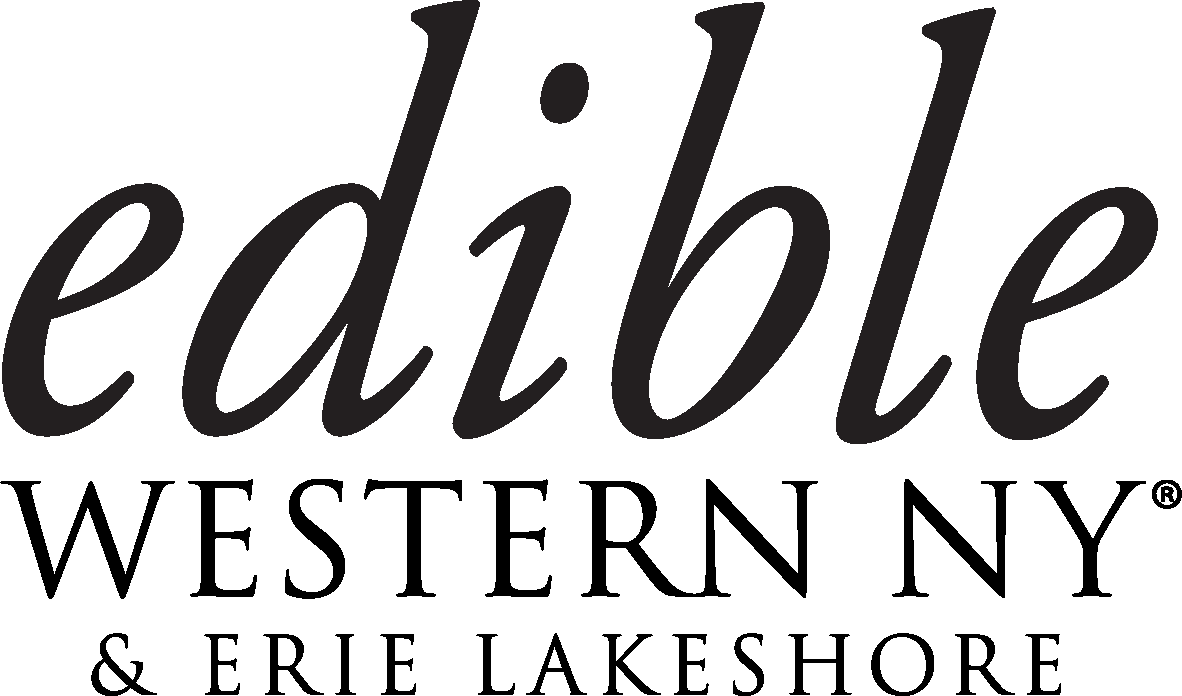Produce Peddlers
When Gary Wieczorek originally conceived Produce Peddlers, he envisioned an online marketplace as a way to connect area farmers looking to offload extra product with local restaurants and caterers in need of farm-fresh ingredients.
Launched in June 2019, Produce Peddlers works like this: Local farmers with extra produce or producers looking to sell their wares can post a picture of what they’re selling to the marketplace with a price and description. Restaurants and caterers can then purchase bulk orders through the website and have them delivered within a day or so by Produce Peddlers.
But in March 2020, just nine months after this marketplace was launched, the food service industry was dealt a crippling blow. Covid-19 hit Western New York restaurants and caterers like a Vulcan neck pinch, forcing them to shut down almost overnight. Even when restaurants were allowed to operate as takeout-only, the industry just didn’t need as much product from local farmers as it had before the pandemic. According to the USDA, the average total dollars spent at restaurants in the U.S. from March to May 2020 was more than 29 percent lower than for the same period in 2019.
Gina Wieczorek—Gary’s wife, and Produce Peddlers’ co-founder and vice president—says everyone in the agricultural supply chain knew all too well that they were facing a difficult time crunch.
“Produce is an extremely perishable commodity,” she explains. “As soon as it’s harvested, the clock starts ticking. Locally, there was absolutely a lot of food that was going to be thrown out when Covid hit.”
With their customer base facing an existential crisis, the Wieczoreks turned their online marketplace into an agricultural escape hatch: Produce Peddlers would allow anyone with a credit card to buy boxes of fresh produce and have those boxes delivered to their home. That shift lasted about three months, until the summer of 2020 when New York State began to allow indoor dining at restaurants.
Although it was short-lived, Produce Peddlers’ pivot to retail highlighted the robustness of the platform and elevated the profile of the company. Importantly, it triggered the interest of the Cornell Cooperative Extension’s Farm to School program. One of the program’s biggest initiatives is helping New York State schools meet the 30 percent New York State initiative, which offers a financial incentive to schools that source at least 30 percent of their school lunch from New York producers.
Gina says Produce Peddlers had been getting some interest from schools before the pandemic, but the Cornell Cooperative Extension “became a very big cheerleader for us” when they realized the value of the company’s platform.
“Our marketplace is very transparent, and people who use it know exactly where they are buying their stuff from,” she says. “Schools applying to the 30 percent initiative have to undergo a big auditing process from New York State. So they need to have that purchasing information at their disposal.”
As they gained more business through the Cornell program and state initiative, the Wieczoreks began to understand the stability of providing food products to schools, care facilities and other public institutions. They never shut down during Covid. They never stopped serving food. Even Buffalo Public Schools continued to serve meals, albeit as whole produce and shelf-stable foods that parents could grab from pickup locations.
“Schools, hospitals and other institutions always have to remain in operation because they are essential services,” Gina says. “So, that market is where we went to immediately after getting back to our business-to-business model.”
The pandemic also put a spotlight on the challenges of small-scale food distribution. At the grandest scale, large chains like Wegmans and industrial farms are part of a well-established supply chain network, built to ensure product quality and availability. But at the local scale, there’s no network that can secure a consistent supply of quality products from family farms for local restaurants and public institutions. The farm to school initiative, although well intentioned, places even more demand on local supply networks with limited capabilities.
Produce Peddlers offers a unique solution by aggregating products from small local farms in a way that’s easy to use. Simply point, click and buy. The platform is also highly visible and its degree of transparency helps to safeguard quality. Rather than the conventional approach of bundling together products from multiple small producers, Produce Peddlers attaches a producer’s name to each bushel of peppers or bag of potatoes. This pushes producers to only put quality products up for sale.
The unique value offered by Produce Peddlers may have gotten traction without the pandemic. But, Gina says Covid-19 accelerated the adoption of a contactless, transparent online marketplace. When asked about the future of the company, she muses about franchises in other cities, with new Produce Peddlers locations servicing a 50-mile radius around a different city.
“The biggest thing we learned during the pandemic is the importance of local food distribution, and how difficult distribution is, unless you’re 100 percent dedicated to it, like we are,” she says. “These smaller farms and producers need to be working on their product. They don’t have time to be out on the road making deliveries.”





